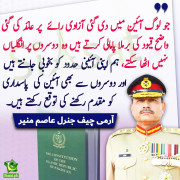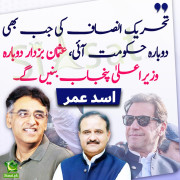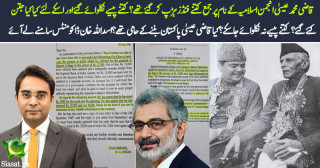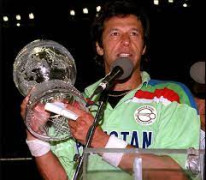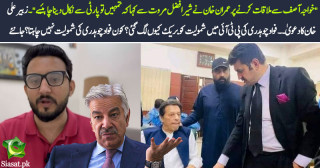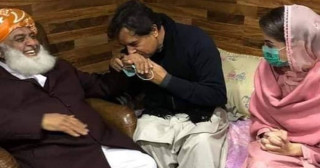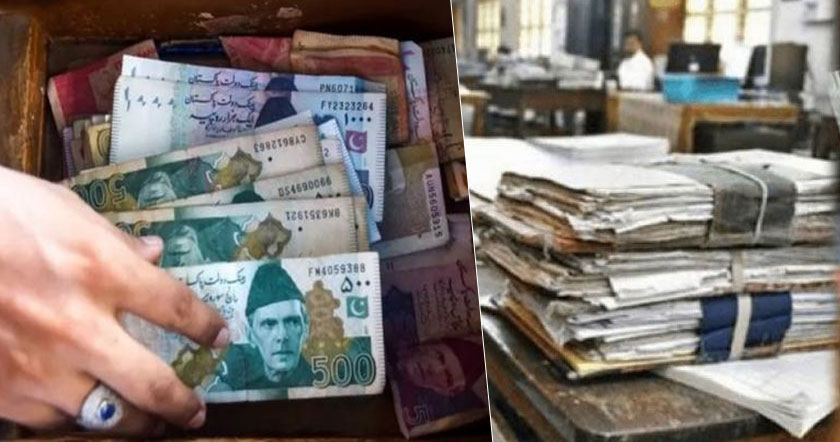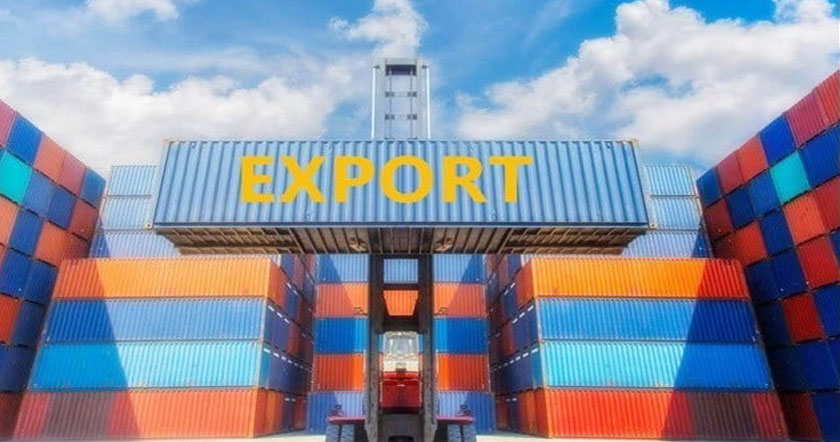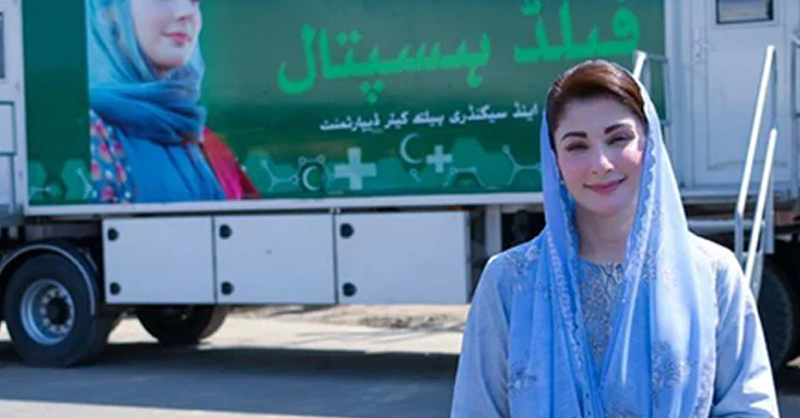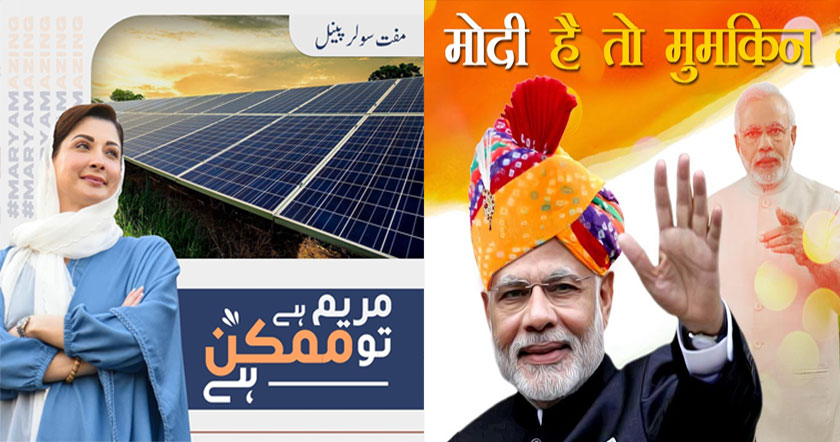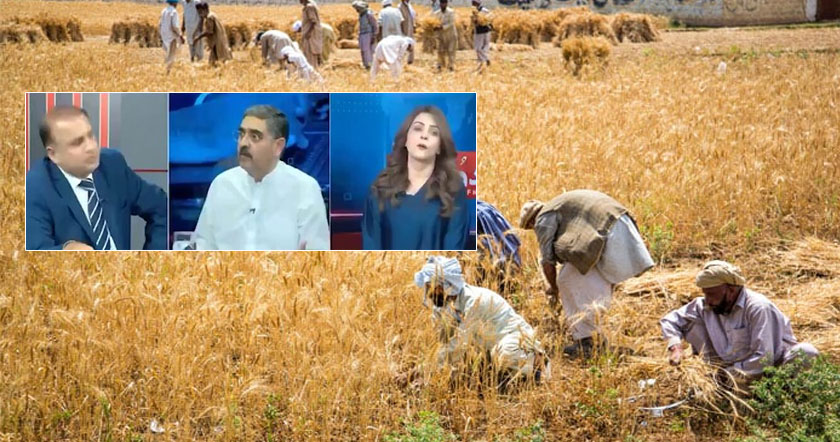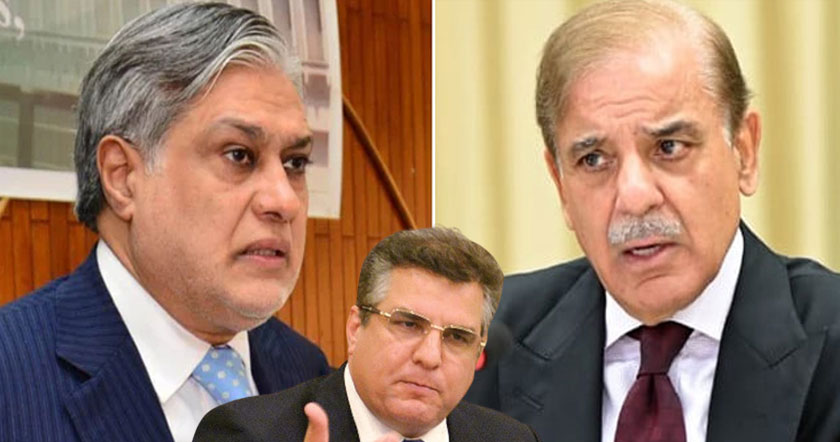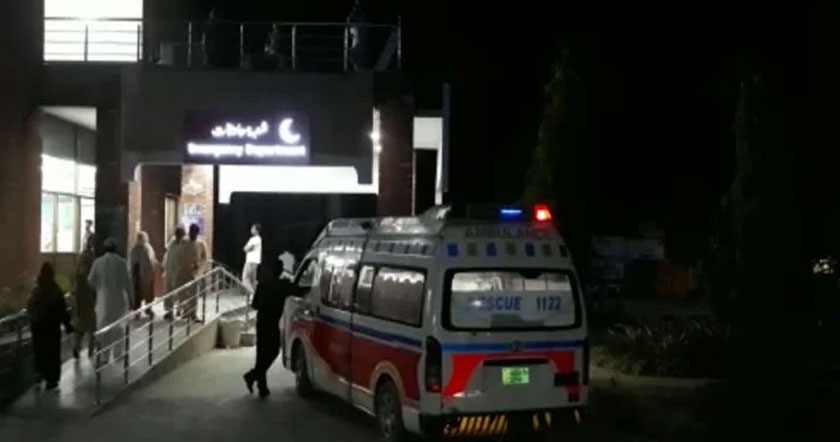Wikileaks Lifts The Lid on Indias Use of Systematic Torture in Kashmir
March 15, 2011

US officials had evidence of widespread torture by Indian police and security forces and were secretly briefed by Red Cross staff about the systematic abuse of detainees in Kashmir, according to leaked diplomatic cables.
The dispatches, obtained by website WikiLeaks, reveal that US diplomats in Delhi were briefed in 2005 by the International Committee of the Red Cross (ICRC) about the use of electrocution, beatings and sexual humiliation against hundreds of detainees.
Other cables show that as recently as 2007 American diplomats were concerned about widespread human rights abuses by Indian security forces, who they said relied on torture for confessions.
The revelations will be intensely embarrassing for Delhi, which takes pride in its status as the worlds biggest democracy, and come at a time of heightened sensitivity in Kashmir after renewed protests and violence this year.
Other cables reveal that:
The Dalai Lama has told US officials that combating climate change is more urgent than finding a political solution in Tibet, which can wait five to 10 years.
Rahul Gandhi, the crown prince of Indian politics, believes Hindu extremists pose a greater threat to his country than Muslim militants, according to the American ambassador to India.
Five doctors were coerced by the Sri Lankan government to recant on casualty figures they gave to journalists in the last months of islands brutal civil war.
The most highly charged dispatch is likely to be an April 2005 cable from the US embassy in Delhi which reports that the ICRC had become frustrated with the Indian government which, they said, had not acted to halt the continued ill-treatment of detainees.
The embassy reported the ICRC concluded that India condones torture and that the torture victims were civilians as militants were routinely killed.
The ICRC has a long-standing policy of engaging directly with governments and avoiding the media, so the briefing remained secret.
An insurgency pitting separatist and Islamist militants many supported by Pakistan against security services raged in Kashmir throughout the 1990s and into the early years of this decade.
It claimed tens of thousands of lives, including large numbers of civilians who were targeted by both militants and security forces.
The ICRC staff told the US diplomats they had made 177 visits to detention centres in Jammu and Kashmir and elsewhere in India between 2002 and 2004, and had met 1,491 detainees. They had been able to interview 1,296 privately.
In 852 cases, the detainees reported ill-treatment, the ICRC said. A total of 171 described being beaten and 681 said they had been subjected to one or more of six forms of torture.
These included 498 on which electricity had been used, 381 who had been suspended from the ceiling, 294 who had muscles crushed in their legs by prison personnel sitting on a bar placed across their thighs, 181 whose legs had been stretched by being split 180 degrees, 234 tortured with water and 302 sexual cases, the ICRC were reported to have told the Americans.
Numbers add up to more than 681, as many detainees were subjected to more than one form of IT [ill-treatment], the cable said.
The ICRC said all branches of the Indian security forces used these forms of ill-treatment and torture, adding: The abuse always takes place in the presence of officers and detainees were rarely militants (they are routinely killed), but persons connected to or believed to have information about the insurgency.
The cable said the situation in Kashmir was much better as security forces no longer roused entire villages in the middle of the night and detained inhabitants indiscriminately, and there was more openness from medical doctors and the police.
Ten years ago, the ICRC said there were some 300 detention centres, but there are now a lot fewer. The organisation had never however gained access to the Cargo Building, the most notorious detention centre, in Srinagar.
The abuse continued, they said, because security forces need promotions, while for militants, the insurgency has become a business.
In the same cable, American diplomats approvingly quoted media reports that Indias army chief, Lieutenant-General Joginder Jaswant Singh, had put human rights issues at the centre of an [recent] conference of army commanders.
The ICRC said a bright spot was that it had been able to conduct 300 sessions sensitising junior officers from the security forces to human rights.
The cables reveal a careful US policy of pressure in Kashmir, while maintaining a strictly neutral stance.
Two years after the cable on torture was sent, US diplomats in India argued strongly against granting a visa request from the government of India on behalf of a member of the Jammu and Kashmir state assembly who was invited to a conference organised by a think-tank in America.
Usman Abdul Majid, a cable marked secret said, is a leader of the pro-GOI [government of India] Ikhwan-ul-Musilmeen paramilitary group, which is notorious for its use of torture, extra-judicial killing, rape, and extortion of Kashmiri civilians suspected of harbouring or facilitating terrorists.
The diplomats admitted that denying Majids application might have some repercussions with Indian officials, especially those from Indias Intelligence Bureau who have been close to his case but said it was essential to preserve a balanced approach to the Kashmir issue following the prior refusal of a visa to the leading separatist leader Syed Ali Shah Geelani.
The cable notes that officials are unable to verify with evidence the claims against Majid.
US diplomats repeatedly refer to human rights abuses by security and law enforcement agencies within India. In a cable from February 2006, officials reported that terrorism investigations and court cases tend to rely upon confessions, many of which are obtained under duress if not beatings, threats, or, in some cases, torture.
A year later a brief for the visiting acting coordinator for counter-terrorism, Frank Urbancic, described Indias police and security forces as overworked and hampered by bad practices, including the widespread use of torture in interrogations..
Source Guardian
March 15, 2011

US officials had evidence of widespread torture by Indian police and security forces and were secretly briefed by Red Cross staff about the systematic abuse of detainees in Kashmir, according to leaked diplomatic cables.
The dispatches, obtained by website WikiLeaks, reveal that US diplomats in Delhi were briefed in 2005 by the International Committee of the Red Cross (ICRC) about the use of electrocution, beatings and sexual humiliation against hundreds of detainees.
Other cables show that as recently as 2007 American diplomats were concerned about widespread human rights abuses by Indian security forces, who they said relied on torture for confessions.
The revelations will be intensely embarrassing for Delhi, which takes pride in its status as the worlds biggest democracy, and come at a time of heightened sensitivity in Kashmir after renewed protests and violence this year.
Other cables reveal that:
The Dalai Lama has told US officials that combating climate change is more urgent than finding a political solution in Tibet, which can wait five to 10 years.
Rahul Gandhi, the crown prince of Indian politics, believes Hindu extremists pose a greater threat to his country than Muslim militants, according to the American ambassador to India.
Five doctors were coerced by the Sri Lankan government to recant on casualty figures they gave to journalists in the last months of islands brutal civil war.
The most highly charged dispatch is likely to be an April 2005 cable from the US embassy in Delhi which reports that the ICRC had become frustrated with the Indian government which, they said, had not acted to halt the continued ill-treatment of detainees.
The embassy reported the ICRC concluded that India condones torture and that the torture victims were civilians as militants were routinely killed.
The ICRC has a long-standing policy of engaging directly with governments and avoiding the media, so the briefing remained secret.
An insurgency pitting separatist and Islamist militants many supported by Pakistan against security services raged in Kashmir throughout the 1990s and into the early years of this decade.
It claimed tens of thousands of lives, including large numbers of civilians who were targeted by both militants and security forces.
The ICRC staff told the US diplomats they had made 177 visits to detention centres in Jammu and Kashmir and elsewhere in India between 2002 and 2004, and had met 1,491 detainees. They had been able to interview 1,296 privately.
In 852 cases, the detainees reported ill-treatment, the ICRC said. A total of 171 described being beaten and 681 said they had been subjected to one or more of six forms of torture.
These included 498 on which electricity had been used, 381 who had been suspended from the ceiling, 294 who had muscles crushed in their legs by prison personnel sitting on a bar placed across their thighs, 181 whose legs had been stretched by being split 180 degrees, 234 tortured with water and 302 sexual cases, the ICRC were reported to have told the Americans.
Numbers add up to more than 681, as many detainees were subjected to more than one form of IT [ill-treatment], the cable said.
The ICRC said all branches of the Indian security forces used these forms of ill-treatment and torture, adding: The abuse always takes place in the presence of officers and detainees were rarely militants (they are routinely killed), but persons connected to or believed to have information about the insurgency.
The cable said the situation in Kashmir was much better as security forces no longer roused entire villages in the middle of the night and detained inhabitants indiscriminately, and there was more openness from medical doctors and the police.
Ten years ago, the ICRC said there were some 300 detention centres, but there are now a lot fewer. The organisation had never however gained access to the Cargo Building, the most notorious detention centre, in Srinagar.
The abuse continued, they said, because security forces need promotions, while for militants, the insurgency has become a business.
In the same cable, American diplomats approvingly quoted media reports that Indias army chief, Lieutenant-General Joginder Jaswant Singh, had put human rights issues at the centre of an [recent] conference of army commanders.
The ICRC said a bright spot was that it had been able to conduct 300 sessions sensitising junior officers from the security forces to human rights.
The cables reveal a careful US policy of pressure in Kashmir, while maintaining a strictly neutral stance.
Two years after the cable on torture was sent, US diplomats in India argued strongly against granting a visa request from the government of India on behalf of a member of the Jammu and Kashmir state assembly who was invited to a conference organised by a think-tank in America.
Usman Abdul Majid, a cable marked secret said, is a leader of the pro-GOI [government of India] Ikhwan-ul-Musilmeen paramilitary group, which is notorious for its use of torture, extra-judicial killing, rape, and extortion of Kashmiri civilians suspected of harbouring or facilitating terrorists.
The diplomats admitted that denying Majids application might have some repercussions with Indian officials, especially those from Indias Intelligence Bureau who have been close to his case but said it was essential to preserve a balanced approach to the Kashmir issue following the prior refusal of a visa to the leading separatist leader Syed Ali Shah Geelani.
The cable notes that officials are unable to verify with evidence the claims against Majid.
US diplomats repeatedly refer to human rights abuses by security and law enforcement agencies within India. In a cable from February 2006, officials reported that terrorism investigations and court cases tend to rely upon confessions, many of which are obtained under duress if not beatings, threats, or, in some cases, torture.
A year later a brief for the visiting acting coordinator for counter-terrorism, Frank Urbancic, described Indias police and security forces as overworked and hampered by bad practices, including the widespread use of torture in interrogations..
Source Guardian




